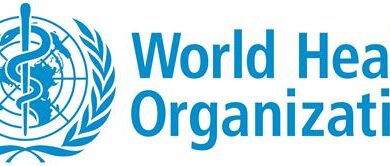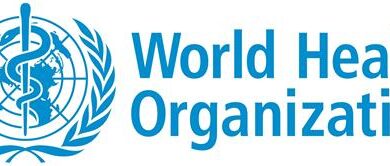WHO Moves To Prevent Bloodstream, Other Infections Caused By Use Of Catheters

The World Health Organization (WHO) has published the first global guidelines to prevent the occurrence of bloodstream and other infections caused by use of catheters placed in minor blood vessels during medical procedures.
WHO made this known today in a news release made available to this medium, noting that “Poor practices in the insertion, maintenance, and removal of these catheters carry a high risk of introducing germs directly to the bloodstream, which can lead to serious conditions such as sepsis, and difficult-to-treat complications in major organs like the brain and kidneys.
It said soft tissue infections at the insertion site of the catheter can also occur.
“Up to 70% of all inpatients require the use of a catheter inserted into a peripheral vein or artery, also known as peripherally inserted catheters (PIVCs), at some point during their hospital stay. People who receive treatments through catheters often are particularly vulnerable to infections, as they might be seriously ill or have low immunity. “
WHO estimated that between 2000–2018, average mortality among patients affected by health care-associated sepsis was 24.4%, increasing to 52.3% among patients treated in intensive care units.
Many bloodstream infections are caused by antibiotic resistant bacterial infections. It is estimated that bacterial antimicrobial resistance (AMR) was directly responsible for at least 1.27 million deaths and contributed to an additional 4.95 million deaths in 2019.
“Infections associated with health care delivery represent a preventable tragedy and a serious threat to the quality and safety of health care.” said Dr Bruce Aylward, WHO Assistant Director-General for Universal Health Coverage, Life Course. “Implementing clean care and infection prevention and control recommendations is critical to saving lives and alleviating a great deal of avoidable suffering experienced by people around the world”.
WHO said developing and implementing guidance to prevent the spread of such infections has been it’s key priority.
The new guidelines include 14 good practice statements and 23 recommendations on key areas for health workers, including:
- education and training of health workers
- techniques of asepsis and hand hygiene practices
- insertion, maintenance, access, removal of catheters, and
- catheter selection
WHO said it will continue to work with countries to develop and implement best practices to reduce the occurrence of bloodstream infections in hospitals, and to ensure all patients receive safe and effective care.




